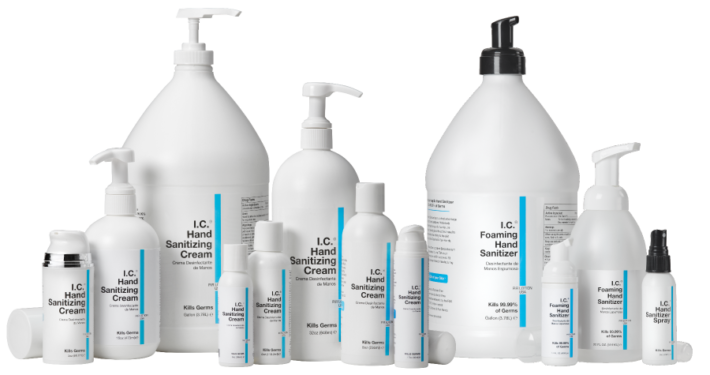Modernization of Cosmetic Regulation Act of 2022
Strengthening the Authority of the FDA to Regulate Cosmetics
By: Richard Rich
The Cosmetic Regulation Modernization Act of 2022 (MoCRA) has granted the US Food and Drug Administration (FDA) with extended power to oversee the cosmetics sector. Effective as of December 29, 2022, this legislation holds far-reaching consequences for the industry, including mandatory product listing, reporting of any adverse events, and facility suspension and product recalls.
Facility owners and operators, both domestic and foreign, who are involved in the manufacture or processing of cosmetic products must register with the FDA, with a requirement to renew registration every two years. Existing facilities must complete this process within a year of the act’s implementation, while new facilities must register either 60 days after the start of production or 60 days after the deadline for existing facilities, whichever is later.
MoCRA requires “responsible persons,” such as manufacturers, repackers, or distributors with their name on the label, to list all their cosmetic products with the FDA within one year of the act’s implementation. This listing must consist of the product ingredients and manufacturing information. Product labels will also have to be updated to include correct ingredients, description, manufacturer address whether its foreign or domestic and a phone number for customers to contact.
Serious adverse events must be reported to the FDA within 15 days of receiving the report by the responsible person, who must also maintain records proving the product’s safety with “reasonable certainty.” The FDA has the authority to access these records if they suspect the product or its components are harmful to public health.
Labeling regulations have been amended under MoCRA, mandating that cosmetic product labels must identify all fragrance allergens and include contact information for reporting adverse events. The FDA also has the power to initiate cosmetic product recalls, giving the responsible person the option to voluntarily recall the product before mandatory action is taken.
MoCRA empowers the FDA to suspend a facility’s registration if it determines that a cosmetic product from that facility poses a threat to public health. The FDA must establish good manufacturing practice regulations, in line with national and international standards, and if a cosmetic product is produced or processed in violation of these regulations, it will be considered adulterated under the FDCA.
In conclusion, MoCRA represents a vital development in regulating the cosmetics industry and ensuring the safety of products for consumers. The act imposes clear requirements for product listing, reporting adverse events, and product recalls, giving the FDA the necessary tools to enforce these regulations.







